All about the profession of a plumber
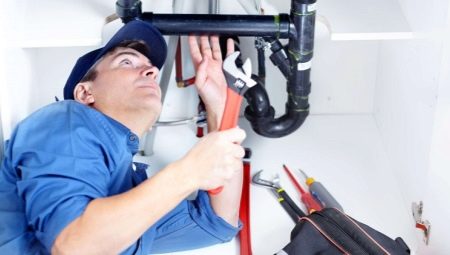
Knowing everything about the profession of a plumber, about what exactly he does, is useful even for general development. Those who decide to associate themselves with this activity will have to study the basic features of the work of a plumber, job description, ETKS and professional standard. An additional important topic is training in the specialty and the assigned ranks.
general description
The history of the plumbing profession begins from ancient times in the literal sense: already in Sumer there were branched pipeline communications and, accordingly, the personnel who served them. Separate plumbing complexes were erected before our era both on the island of Crete and in China.
The famous Roman aqueducts, of course, also had to be kept in good working order. But only in the twentieth century, from the improvement of individual buildings, finally, they moved on to the creation of large-scale water supply and sewerage complexes.
Therefore, we can say that plumbing is an ancient and young profession at the same time.
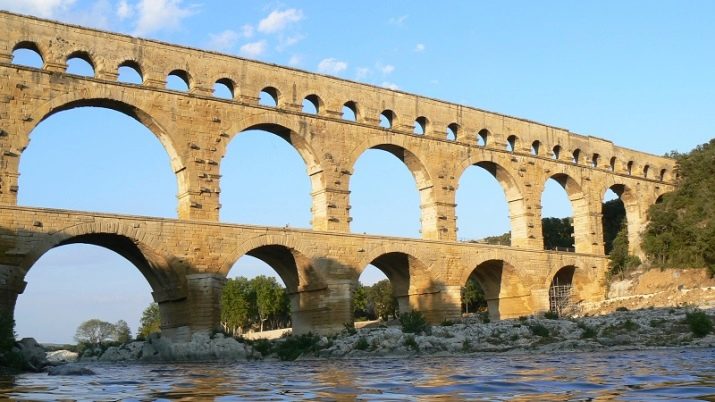
However, for a long time it was perceived rather as something auxiliary and secondary; in mass culture, a negative, vulgar stereotype of foremen and technicians of pipeline facilities has developed. This was especially pronounced in our country (due to the powerful snobbery of cultural figures). Now it is clear that normal daily life and activities are impossible without plumbing work. Plumbers are engaged in the maintenance of both housing and industrial, public buildings; without them, neither international airports, nor military bases, nor shopping centers or regional administration buildings can operate.
It is important to note that these same specialists also work with heating systems. The significance of this type of their activity in Russia is higher than anywhere else. A good craftsman never complains about a lack of work. Rather, on the contrary, you constantly have to deal with a lack of time. It should also be emphasized that plumbing work is physically difficult and can be associated with a number of hazards. The work is carried out in the same way and according to clear patterns. Tasks are clearly standardized. A lot of work is carried out both outdoors and in buildings, including basements. The unambiguous contraindications are:
- cardiac disorders;
- disorder of the nervous system;
- mental pathologies;
- problems with the musculoskeletal system;
- joint disorders;
- pathology of the respiratory system.

Job description
Responsibilities
What kind of plumbing work a specialist does depends on his category (qualification category). So, the master of the 3rd category:
- drills or otherwise punches holes in structures;
- prepares carving by hand;
- prepares fastenings for communications;
- examines the communications themselves before starting to use them, before starting after overhaul, as well as after eliminating accidents and the consequences of natural disasters;
- changes gaskets;
- fights minor leaks;
- seals the squeegees;
- cleans sewers and other pipes.
Specialist of the 4th qualification class also:
- marks out the places of installation of devices and communication lines;
- connects heating lines;
- fixes devices and parts with piston pistols;
- groups radiators at objects;
- Performs overtime duties as required, within the limits established by law.
For specialists of the 5th category, the following main functions are prescribed in ETKS:
- disassembly, repair and assembly of equipment, various columns, pipelines, pressure gauges;
- assembly and disassembly work on complex communications and their individual units;
- replacement of sections of highways made of cast iron pipes;
- detection of defective points during testing.
The real elite of the profession are plumbers of the 6th category. They are capable of:
- independently test technical systems and maintain special documentation;
- auditing and testing equipment;
- mark the points of installation of the main and control equipment;
- disassemble, assemble complex parts and assemblies;
- work with boilers and air heaters, thermostats and burners.
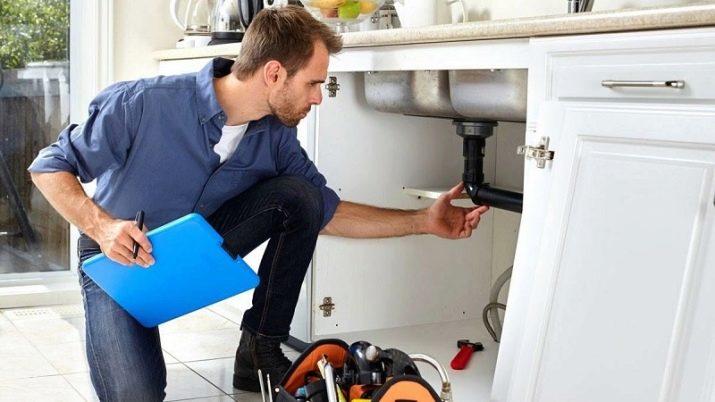
Rights
The legal authority of the plumber is to submit proposals to the management for the arrangement of their workplace, for the purchase of tools and consumables. He also has the right to report all discovered defects and violations. The plumber has the opportunity to make suggestions on how to eliminate such defects and violations. Within the bounds of his experience, he makes decisions on his own, and only bosses or more experienced specialists can intervene in them.
Finally, there is every right to seek normal working conditions, compliance with all sanitary and other standards, safety standards.
A responsibility
Plumbers are responsible for:
- non-fulfillment or incomplete, untimely fulfillment of their duties;
- deviation from instructions;
- disclosure of commercial and other secrets;
- non-observance of the labor schedule;
- conducting work in an unsafe way (when there is a danger of an accident or fire).
The professional standard deserves special attention. It indicates such main points of work as:
- ensuring the operational reliability of engineering systems;
- maintaining the constant readiness of all communications;
- installation of heating and air conditioning;
- periodic maintenance;
- moving, loading, unloading plumbing equipment;
- rejection of pipes, fittings, fittings and other items;
- welding and soldering;
- sorting, marking, completing communications;
- preparation of auxiliary materials;
- pressure testing of pipes;
- assessment of the serviceability of control and measuring equipment, control gauges and templates.
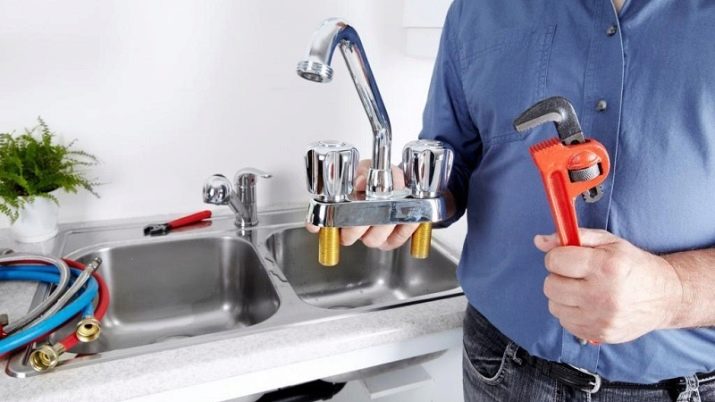
Knowledge and skills
A professional must know:
- key principles of the design and functioning of plumbing complexes;
- the reasons for the malfunctions;
- signs of problems (especially at an early stage);
- troubleshooting methods;
- safety standards for their work;
- rules for maintenance and overhaul;
- prevention requirements;
- rules for measuring and sounding equipment, communications.
Even to comply with the 2nd category, you need to be able to sort pipes, disassemble and assemble parts, and cut threads. Other skills include:
- sealing of pipe sockets;
- change of cuffs;
- repair of sinks and sinks;
- work with three-way valves, gauge glasses and tees;
- manipulations with steam and gas, electric and diesel boilers;
- debugging of sprinklers, drenchers, steam extinguishing systems;
- service of fountains.
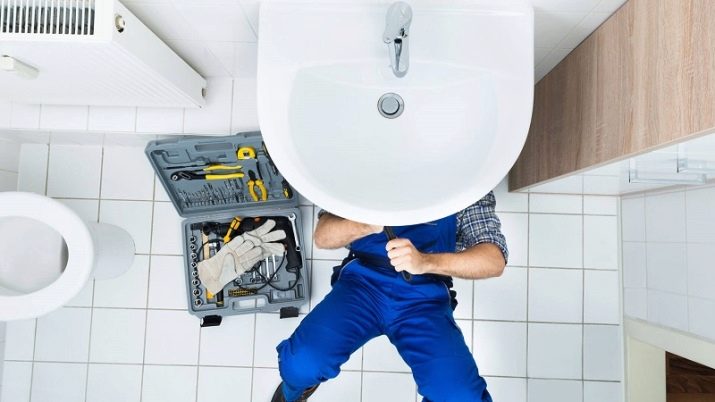
Personal qualities
Even today, this profession requires solid stamina and physical strength. Therefore, those who want to become plumbers will have to attend to regular gymnastic exercises 1.5-2 years before that. Accuracy and attentiveness are very important. Since plumbers actively interact with people, sociability and politeness are relevant to them.
You also need to pay attention to such points as patience and perseverance, self-discipline and endurance, the development of fine motor skills and excellent knowledge of the school course in mathematics, physics, chemistry.
Education
The necessary education is organized in any large settlement. Plumbers are trained in regional and some regional centers. Most often we are talking about such training programs:
- construction and operation of buildings and structures;
- installation and operation of internal plumbing devices;
- master of housing and communal services.
Among educational institutions it is worth noting:
- Moscow College of Architecture, Design and Reengineering;
- St. Petersburg College of Water Resources;
- Moscow College of Architecture and Construction;
- Nevsky College named after Nebolsin;
- construction and assembly college of Novosibirsk;
- construction college of Rostov;
- Chelyabinsk multidisciplinary college.
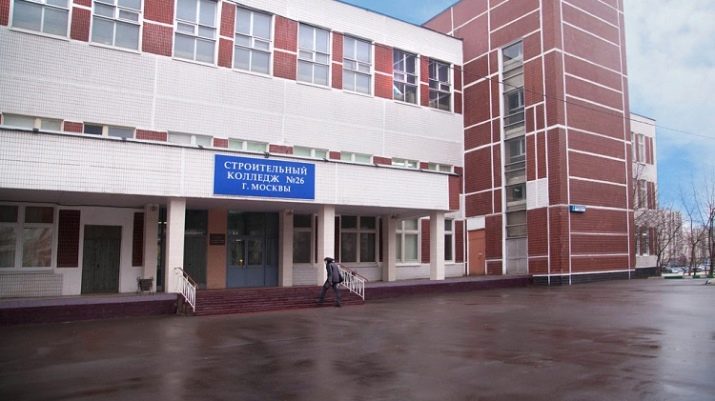
Place of work
A plumber can find a job in:
- ZhEK;
- management company;
- Homeowners' association;
- military unit;
- industrial enterprise;
- government agency;
- educational or medical organization;
- shopping center;
- another structure, where only there are many pipelines.
How much does he get?
It should be said right away that the salary of plumbers in small towns and even in large, but in government institutions is usually up to 15 thousand rubles. That is why the majority of specialists also work part-time in commercial structures. When working in a private company, intermediaries take up to 20%. Even with such a limitation, it is possible to get from 30 to 40 thousand rubles per month. On average, in different cities, incomes are as follows:
- Moscow - 93,000;
- Kaliningrad - 50,000;
- St. Petersburg - 47,000;
- Kazan - 35,000;
- Irkutsk - 32,000;
- Volgograd - 20,000 rubles;
- Yakutsk - 41,500;
- Novy Urengoy - 35,000;
- Nizhnevartovsk - 32,000;
- Novosibirsk from 40,000 to 70,000 rubles.









